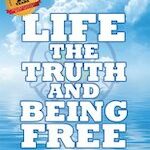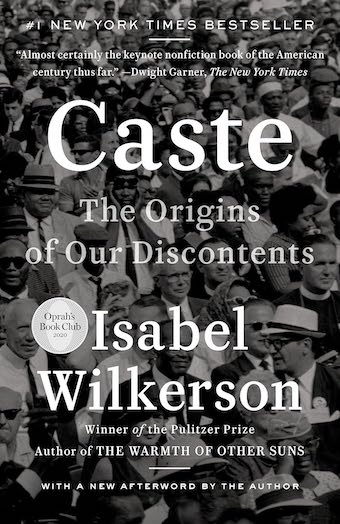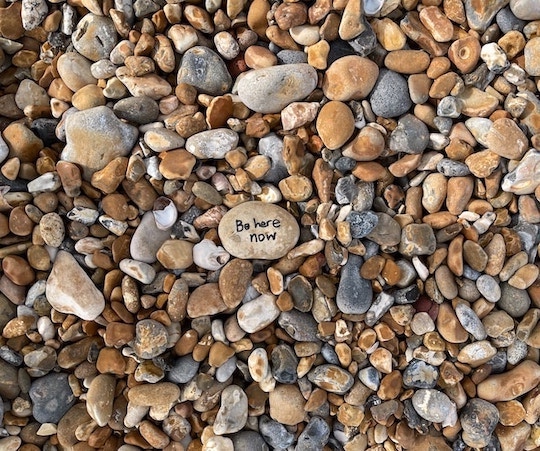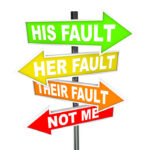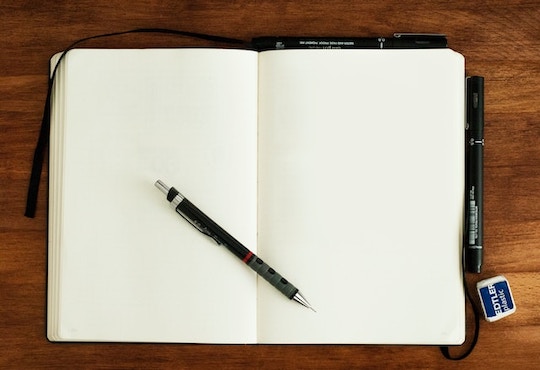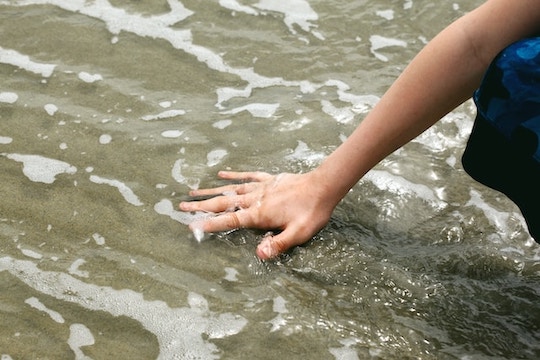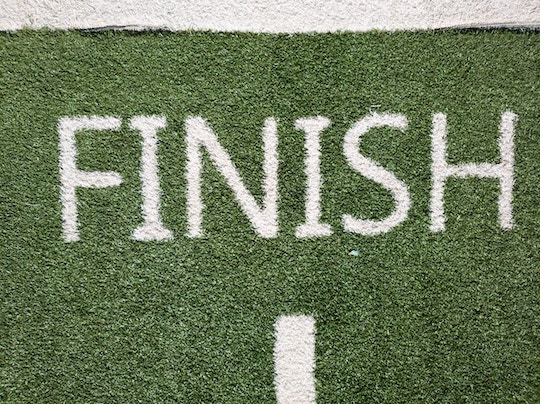Bask in the wonderment of being a conscious part of the universe.
—Calm App Reflection
Over the last 30 years, I’ve met thousands of other coaches who share a mutual commitment of supporting others to lead extraordinary lives.
One, named Jay Perry, has been a pioneer in the field and has influenced and inspired countless other coaches to pursue this meaningful and rewarding profession.
Jay came up with a concept he called a “wondershop” as an alternative to the more traditional workshops many of us have attended over the years.
Exploring new horizons and depths of living turned on many bright lights of insights for those who were lucky to participant.
EXERCISE:
Create your own outline for a wondershop you would like to attend.
Share this concept with people you admire and respect for their ideas to compliment your own.
Set aside some time with these folks to do some wandering and wondering around the universe.




